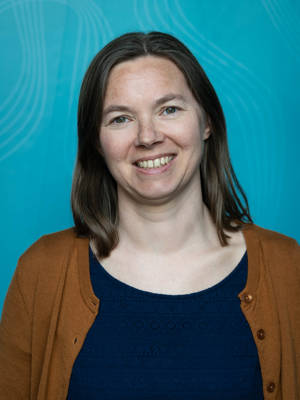Civil conflict is by far the dominant form of armed conflict in the contemporary world (Gleditsch et al. 2002), and its costs are enormous (Collier et al. 2003). In recent years, civil war has left approximately 800,000 dead in Rwanda alone, 350,000 in Angola, and 150,000 in Liberia. In order to prevent the occurrence or recurrence of armed conflict in societies at risk, a common recommendation is that all parties to previous conflict and any potential spoilers be included in power-sharing arrangements. These include grand coalitions, mutual veto provisions, and allocations of government positions and benefits, which give all relevant parties a share of the political pie. Such institutions are prescribed as a means of reducing the risk of conflict by moving from a winner-take-all (or loser takes nothing) environment and replaces it with a principle of sharing. Yet, power-sharing arrangements often consist of a bundle of institutional mechanisms, each of which may have distinctive and not always desirable effects, and some of which may work at cross-purposes.
This project focuses on the potential incompatibility between power-sharing institutions and democracy. To incorporate potential spoilers into a peaceful system of governance, a power-sharing arrangement often guarantees these groups power, regardless of the election outcome. However, a core aspect of democracy is that power is always contested, temporary and uncertain. Research in this field has pointed out that partial democratization is detrimental to long-term peace, and this raises a question regarding the long-term effect of power-sharing institutions.
Power-sharing arrangements are diverse, and not all of them are equally susceptible to this criticism. The focus of this project will be to study the different varieties of power-sharing and to examine how they differ in structure and effect. Ultimately, we aim to better understand how the design of political institutions can lead to democracy and durable peace. We plan to address these issues through an integrated set of theoretical analyses, extensive case studies, and cross-national quantitative studies. The key questions that motivate this study are:
- Do different power-sharing institutions differentially affect the durability of peace?
- Do different power-sharing institutions differentially affect the stability of democracy?
- Do different power-sharing institutions lead to different paths towards democratization (or non-democratization)?
This project collaborates with the ‘Power Sharing, Agency, and Civil Conflict’ project funded by the US National Science Foundation led by Kaare Strøm at the University of California, San Diego.
The ‘Power-Sharing, Democracy and Civil Conflict’ project is funded by the Research Council of Norway (Grant no 196850) for four years (2010-2013) and includes the following researchers at PRIO: Scott Gates (project leader), Håvard Strand, Helga Malmin Binningsbø, Kaare Strøm,and Marianne Dahl.











